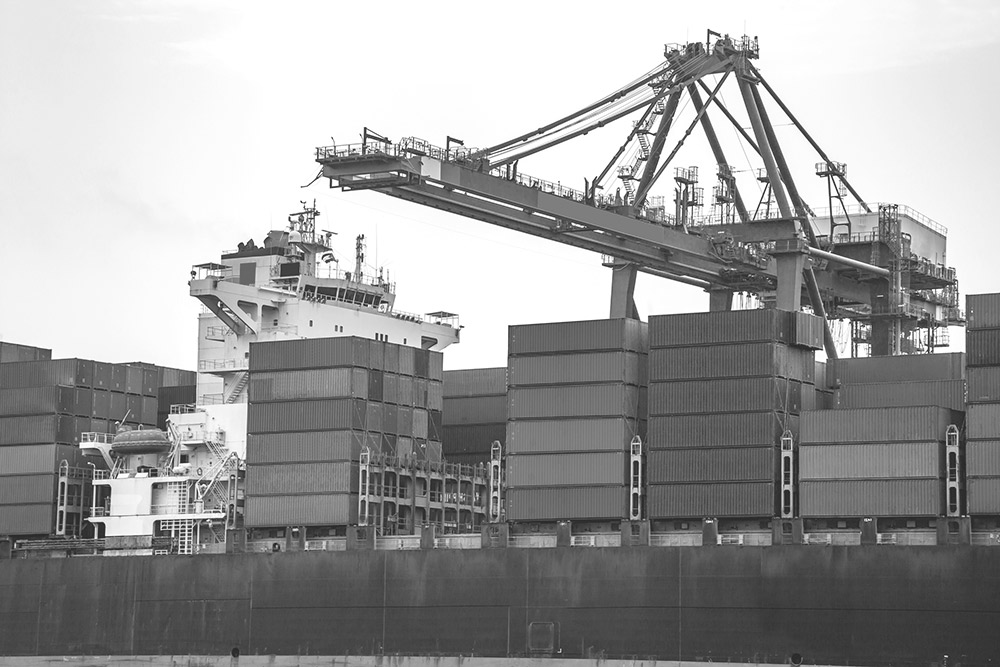Having spent over 30 successful years within our unpredictable, yet strangely addictive, industry, the area that stands out as most in need of love and attention, is training. It is often highlighted as a need, and a high priority, but not always followed through.
This is a fast paced industry, where we often teach our people how to complete tasks, without providing the necessary knowledge for them to understand why they are doing them. This is often due to a lack of time, and a lack of access to training that delivers the fundamental information, quickly and efficiently.
Over the years there has always been the option to send staff out for classroom training, which is time consuming, and often expensive. In more recent years our community has withdrawn from this learning method, apart from regulated aspects of the business like security. This type of training can involve endless hours looking at trading conditions and law, and is sometimes delivered by less than enthusiastic grey suits in their industry twilight years.
Other industries have moved forward, and have embraced the e-learning phenomenon that is sweeping the world. Let’s be honest it’s far easier to use your phone or ipad on the internet, to see how someone else has put something together, than to read that instructional booklet written in 28 languages.
Some industries now work within professional bodies standards to ensure development of staff, embracing organisations like the Chartered Institute of Personnel and Development, and their CPD (Continuing Professional Development) scheme.
Of course, there are some companies out there that have moved training forward, and have developed great internal platforms for doing so, but it is certainly not industry wide. So here are 7 reasons why investing in training is essential for international logistics:
1. To Show Investment in our People
Training our staff is investing in people, and this shows a commitment that we value them and are willing to spend money on them. A famous anecdote on this subject; the Financial Director questions the HR Director, ‘what happens if we train our staff and they leave?’, and receives the reply ‘what happens if we don’t and they stay?’ The truth is, with all else being equal, our people are much more likely to stay with a company that invests in them, even the few that are not keen to be trained.
2. To Maintain Customers
There are still a lot of people involved in international logistics, who do not understand the liability of freight forwarders and carriers. Moving freight internationally is a service, and therefore not like purchasing goods. Freight forwarders and carriers ARE NOT liable to pay for the full value of the goods if the goods are lost or damaged, yet the popular misconception is that they are. This issue is very often the cause of dispute between a customer and a forwarder, or carrier, and often results in the breakdown of an otherwise good relationship, and is so avoidable.
3. Because our Customers Trust Us
Whether we are importers, exporters or freight forwarders, the most common reason that our customers use us, maybe price aside, is because they trust us. They trust that we know what we are doing and understand the laws, or they simply take it for granted. Yet international logistics, dealing with numerous countries and regulations, is an incredibly complex profession, in which nobody can possibly understand everything. This makes it essential to ensure our people have a good basic understanding of the business.
4. To Improve our Customer Contact
Investment in training our sales and customer service, or customer focused, people, is often quite limited, and rarely includes the core industry points. We teach them opening lines, our features, our benefits and how to close. We sometimes sit them next to an operations guy to learn services for a week, and then put them on the phone, or send them on the road, to represent our companies. Customer focused staff need to know essential information like risk, liability, and the importance of claims, as much as any other staff, as they are on the front line.
5. For Brand Consistency
We all work hard to ensure consistency of our brand, if not then we probably should be. Yet we trust that the knowledge held by our staff, and being shared with our customers, is consistent. The more successful our companies have become, then the more likely we will have increased the size of our workforce. In which case, the more likely our workforce have gained their experience from various previous companies. Can we be sure they have all consistently learnt what they need to? Every contact our people have with the outside world contributes to our brand.
6. For our Own Protection
We will all have experienced the need to rectify our own, and our staff’s, honest mistakes, there is no avoiding that mistakes will sometimes happen. The frustrating mistakes are the avoidable ones, where a staff member wasn’t aware of a basic industry standard, or contractual condition, when making a sale or purchase. Giving our staff a basic understanding of the risks and implications associated with this industry provides us with a layer of protection, and may help avoid some of those sleepless nights.
7. To Improve Confidence
We need our staff to have confidence in not just our brand, product and services, but also themselves. Gaining qualifications and certification increases confidence, and belief, in individuals which often improves interactions with customers and the outside world.
ADL Media provide online freight training courses through our sister site:
OnlineFreightTraining.com





